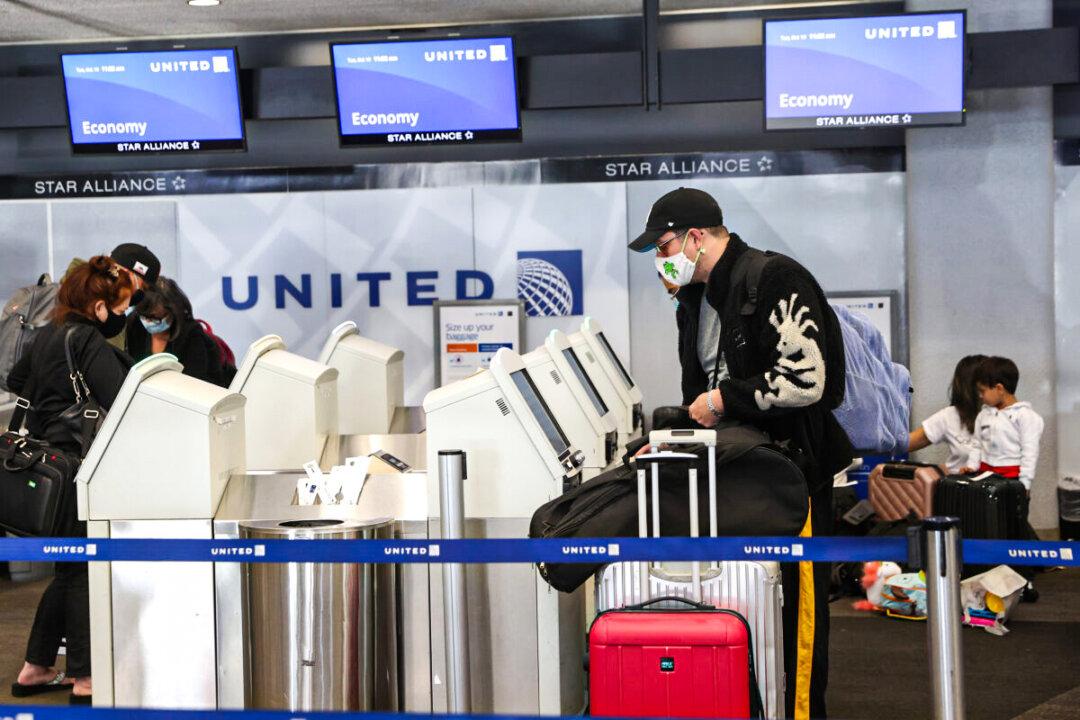The first U.S. case of the Omicron variant of the CCP (Chinese Communist Party) virus has been detected in California, officials said on Nov. 30.
Genomic sequencing conducted at the University of California–San Francisco and reviewed by scientists with the Centers for Disease Control and Prevention confirmed that the case was caused by the new COVID-19 variant.





